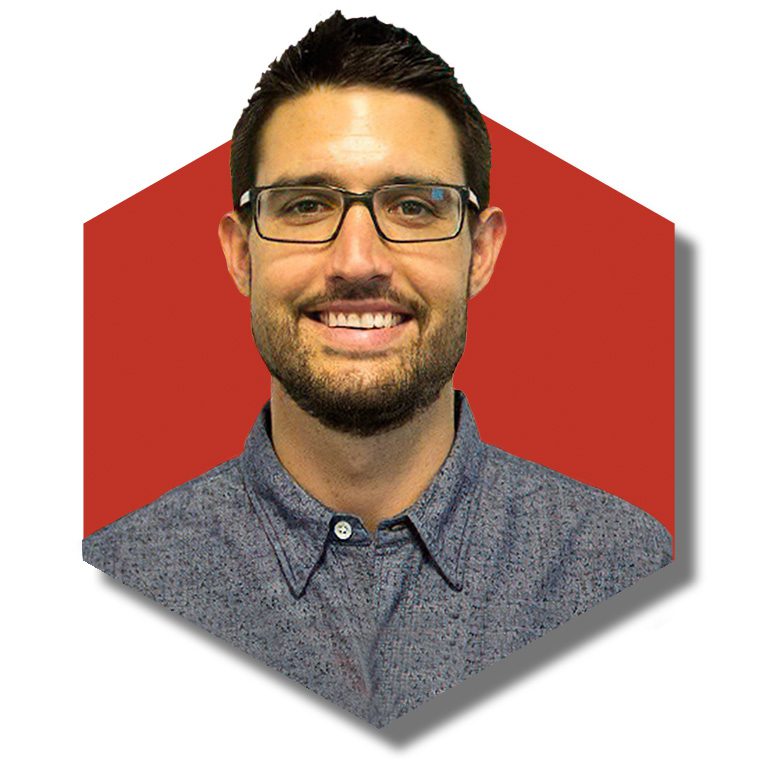We Understand

“My daughter Ayala has Down syndrome, and I’ve become increasingly involved in the Down syndrome community – both as an advocate for Ayala and all of us who are positively impacted by inclusion, awareness, and diversity.”
– Moti Bycel (Father & DSA board member)
What is Down Syndrome?
Down syndrome is a genetic disorder where instead of having only two copies of chromosome 21, there are three. It is the most frequently occurring chromosomal disorder known today and is also referred to as trisomy 21. According to globaldownsyndrome.org, Down syndrome is the leading cause of intellectual and developmental delay in the U.S. and the world. Less than 6% of those with Down syndrome, have a very rare form called Translocation Down syndrome or Mosaic Down syndrome. It’s where not all the chromosomes in the body are triplicated. Instead, only some cells have the extra chromosome. There is no known cause for Down syndrome. It affects all races, nationalities, socioeconomic statuses, and those with different religions.
Down Syndrome Medical Issues
At DownSyndrome Achieves, we know how important it is for our loved ones with Down syndrome to receive the proper care. We see firsthand some of the medical issues they are faced with. These issues range from gastrointestinal abnormalities, seizures, dental health, hearing and vision loss, and heart problems. And one of the most concerning issues is the early development of Alzheimer’s-type dementia due to this chromosomal disorder. Understanding all we can about Down syndrome can get us closer to finding health solutions. Appropriate care and early intervention for babies and children with Down syndrome can make a significant impact in terms of their growth, both physically and intellectually. Additional research helps us get answers. Our goal in the future is to have better medical treatments for those we love living with trisomy 21.
Research for the Right Reasons
We know basic science research and understanding are crucial. And we make this research possible through the caring and respectful collection of biospecimens from parents and family members living with Down syndrome who are willing to participate. With these families and the DSA Biobank, researchers can study and understand the causes of human health and diseases. These results can improve the health of those with Down syndrome and benefit the general population.
Involvement In Research
We can’t do this without you. Without diverse biospecimens, we will not meet our goal of advancing Down syndrome research. Help us make a difference. Be a part of a breakthrough. Learn more about how you and your loved ones can contribute to our DSA Biobank.
Download our Parent Education Resource to help answer questions about the DSA Biobank, how to participate, and making an impact through Down syndrome research.